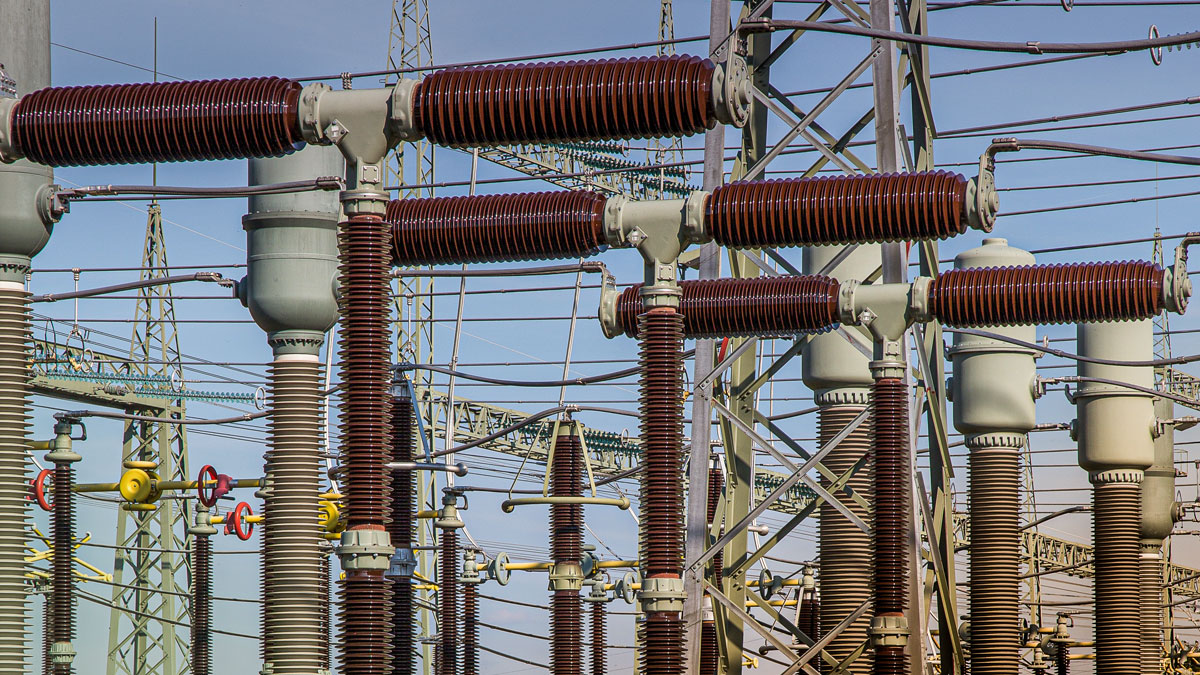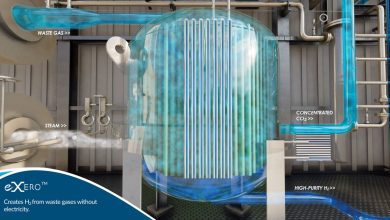PKEE on the Revision of the Energy Taxation Directive
The Polish Electricity Association (PKEE) supports aligning taxation of energy products and electricity with the EU climate policy, to contribute to the 2030 targets and climate neutrality by 2050. However, the revision of the Energy Taxation Directive (ETD) must not result in additional increase in energy prices for consumers. These have recently increased dramatically due to other restrictions and regulations in the energy sector, especially due to increasing prices of greenhouse gases emission allowances. Adding another factor directly impacting energy prices will exacerbate energy poverty and, in the case of energy-intensive customers, accelerate relocating production outside the European Union (carbon leakage).
It is particularly important that the new ETD should not exert additional decarbonisation pressure on energy sectors, especially the heating sector, already covered by the EU ETS, which is and should remain the primary mechanism of reducing greenhouse gas emissions. Otherwise, there will be the risk of slowing down the transition to a low-carbon economy.
Given that, the PKEE does not support the changes in the ETD resulting in limiting tax reductions and exemptions, and a gradual rise of all minimum rates of taxation. Existent tax exemptions and reductions are intended to maintain the competitiveness of the European economy. In many cases maintaining such preferences, for example for renewable energy sources and combined heat and power (CHP), is still appropriate. The draft directive permits an exemption from excise duty on electricity generated in cogeneration, but only if it is high-efficiency cogeneration. This will cause additional difficulties for the development of district heating systems in the transitional period. Tax exemptions for energy products and electricity, used for the cogeneration of heat and electricity, should be maintained.
In PKEE’s opinion, the mechanism of increasing the minimum taxation rates should consider the specific situation of individual Member States and allow to maintain derogation periods for the Member States that bear the highest energy transformation costs. Taxation rates for all products and electricity should be adjusted gradually during a transitional period of ten years, starting from current level of taxation. To guide investor behaviour, the most important thing is to define clear rules for the future through a stable regulatory environment and without abrupt changes. The rapid increase in taxation of energy products used to generate heat from fossil fuels will not accelerate the achievement of the reduction targets; instead, it will only affect the existing household consumers, exacerbating energy poverty.
Moreover, it is necessary to acknowledge and emphasise the role of natural gas as a transitional fuel in the process of decarbonisation and transformation of the energy sector and maintain favourable tax conditions for this fuel.
The PKEE supports a taxation system based on the energy value of the product. In this case, however, exceptional care should be taken when determining the basis for assessing the tax rate based on the energy value for lignite and hard coal, due to the varying parameters of virtually every batch of this product.
The PKEE supports the principle that each Member State, within a given framework of objectives, should be left with the flexibility to adopt an appropriate energy taxation policy, considering its own present and potential mix, and particularly the exclusive competence of Member States related to taxation. Given that, the adoption of changes in the ETD can only be made unanimously, in accordance with the well-established rules for adopting solutions in the field of tax policy, based on Article 113 of the Treaty on the Functioning of the European Union.



